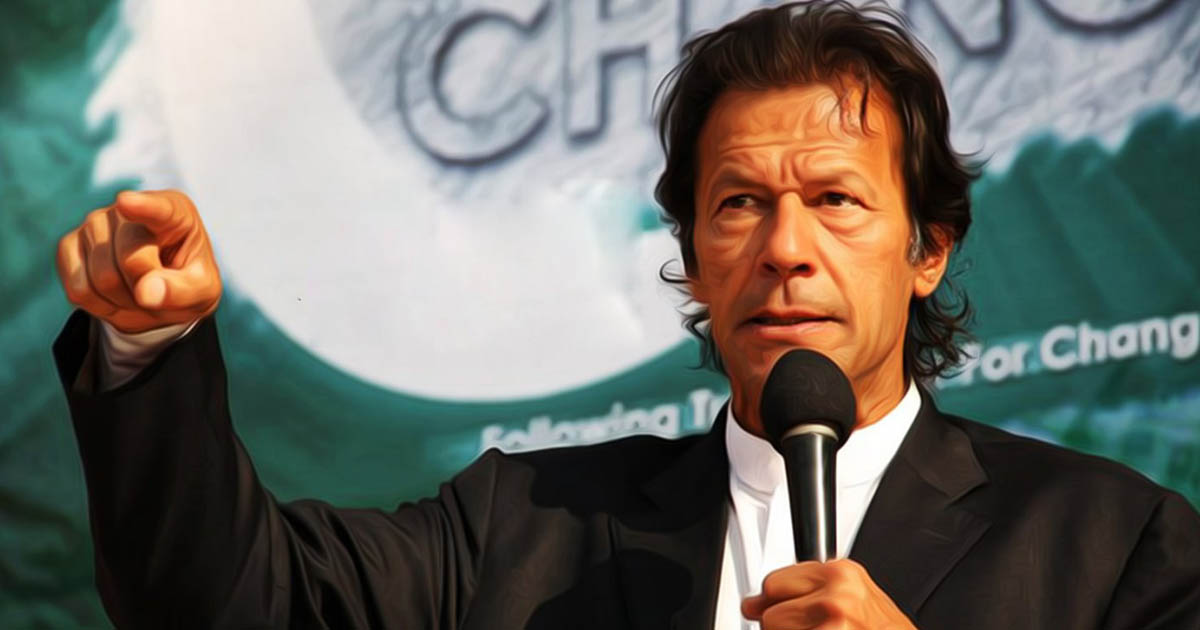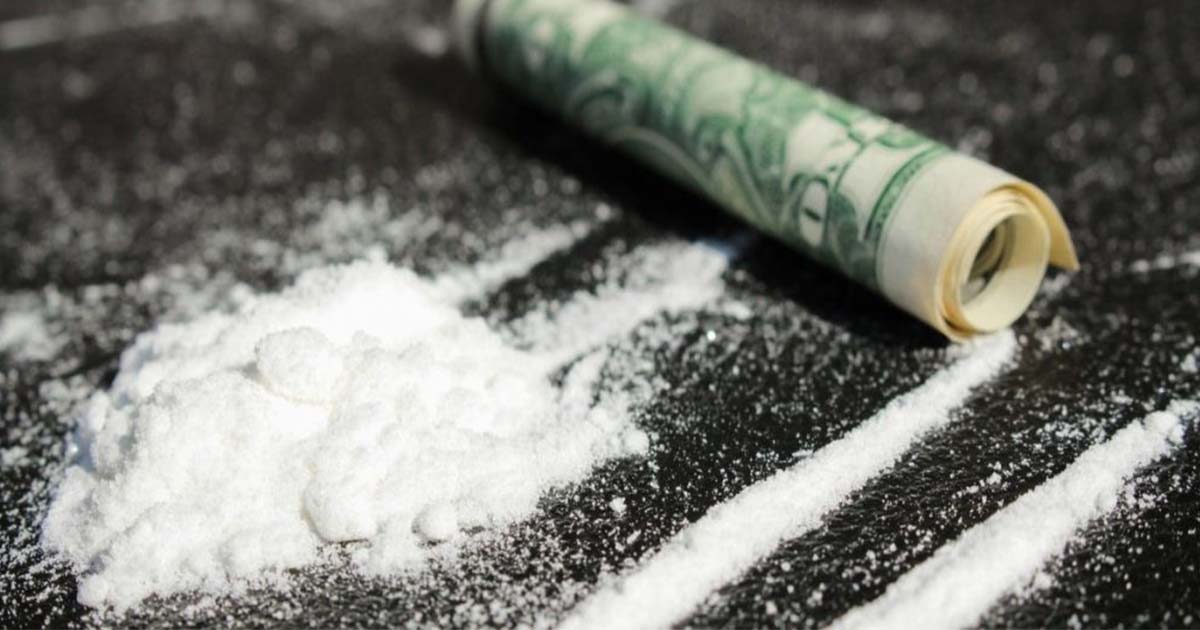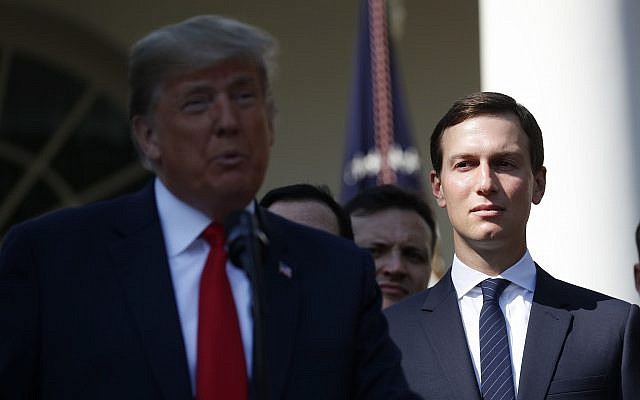Most observers of Pakistani scene readily agree that Khan’s government has engaged the world and turned around country’s foreign policy. But most fail to realize how much this government has done to save a failing bankrupt economy and what might have happened if PTI government had not taken the difficult decisions – at the cost of its political unpopularity.
No government has ever been perfect and since the genesis of Pakistan, every government had its critics. Criticism and democracy go hand in hand, but one must bear some basic facts in mind before declaring a government incompetent. Many in the media and the civil society have conveniently forgotten that at the eve of the departure of the Pakistan Muslim League Nawaz (PML-N) government, this country was in shambles, literally on the verge of bankruptcy. Economy had crumbled and the inflation had started to rise even before the interim set up kicked in. Miftah Ismail, in Khaqan Abbassi government, was forced to take corrective steps – but our memories are short.
How PMLN ruined the economy when Hitman Ishaq Dar deceived the public by false reporting and ex PMLN Finance Minister Miftah Ismail admits his predictions were wrong (11.06.18) 2/2#PMLNExposed pic.twitter.com/bkdnUneApy
— Tehreek-e-Insaf (@InsafPK) June 13, 2018
We as a nation tend not to brush off the past and scorn on the present. This national habit helps us to forget that compared to previous governments, this current government has been facing dire economic circumstances. And they were forced to take extremely tough measures to stabilize the economy.
Imran Khan’s request to its younger overseas supporters has been a decisive factor for bringing a substantial increase in the year wise remittances. Even during the first year of PTI at the helm of the government, the increase in the year wise remittance was much more than that of the PMLN’s comparative period. So, what does this mean? Whether it means that Khan is credible or the PTI is still popular overseas; one thing is for sure, if Khan government wasn’t busy cleaning up the economic mess that the PPP & PMLN governments had brought, things would have much more difficult.
Read more: Imran Khan: The People’s Prime Minister
Moreover, Moody’s latest financial report is a judgement on the economic direction of the current government. Moody’s Investor’s service updated Pakistan’s credit rating outlook to stable; that means Pakistan had surely set foot on the right journey – and this is important. While financial strength remains low owing to currency devaluation which was an inevitable outcome of the antics of Ishaq Dar – continuing economic reforms by the PTI government did help alleviate bigger hazards linked to debt sustainability. No denying that Pakistan is still reeling under massive debt and would remain like that for God knows how long but this improvement in important indices, a renewed confidence of international institutions – including World Bank – is definitely a welcoming indicator of good things to come.
Pakistan’s ongoing diplomatic initiatives, and broad based engagement from Middle East to China, have paved way for our commerce to take off.
With the China Pakistan Free Trade Agreement phase – II (FTA-II) put into effect, the tariffs which were once placed on imports and exports that stunted the true economic potential of mutual trade, will be eliminated on 313 tariff lines that will positively impact $8.7 billion of Pakistan’s global exports. This may help in boosting our economy as lower import and export duties will mean improvement in the overall conditions of many businesses that profit from the Pak-China trade.
Pakistan’s Prime Minister Imran Khan offers to jolt the economy into shape in return for IMF support. “This is like shock therapy,” says one economist. “The pain is unavoidable, so the idea is that it is better to get it over in one go.” https://t.co/K1SHSEqI8l
— The Wall Street Journal (@WSJ) July 1, 2019
In the revised FTA-II, China has helped Pakistan with concessions on several integral product lines such as machinery, chemicals and engineering goods.
Saudi Arabia has recently signed MOUs with Pakistan to invest more than $20 Billion in projects across Pakistan that also includes establishing an $8 billion worth of mega oil refinery in Gwadar. More investment in this sector is expected from UAE, Qatar, Malaysia and Italy.
Another major impact of policy initiatives taken by the current government is the growing increase in manpower export. New figures reveal an increase of more than 200% to countries in the GCC, which will ameliorate the pressures on employment sector.
Furthermore, The World Bank (WB) and International Finance Corporation’s flagship report of Ease of Doing Business Index 2019 ranked Pakistan 136 among 190 countries around the globe, indicating a continuous improvement and taking a positive jump from 147 last year to 136, this year. Many new auto sector giants like France’s Renault, South Korea’s Hyundai and Kia, and German giant Volkswagen have either entered or eyeing Pakistan with increasing interest. For instance, Hyundai has just declared, in January, that its ready to produce 15,000 cars each year from its plant in M3 Industrial City, in a SEZ near Faisalabad.
Read more: PM Khan envisions bringing people out of poverty with strong economy
These businesses have also led Pakistan stock exchange to break the record of the last 6 years, helping Pakistan to generate the largest gain ever since May 2013.
All of these improvements, some here some there, will contribute to a positive economy in the coming years. This coming turnaround has only been possible thanks to the efforts of the current government in helping revive our morale. The economic challenges will no doubt continue for many more months but Imran Khan led government has set us on the right path to help make Pakistan viable again.
Shiffa Yousafzai is a TV presenter & producer with Hum News. She is an International Alumni Ambassador for Manchester Metropolitan University, UK, where she studied Multimedia Journalism. Earlier, she graduated with business and marketing at Air University, Islamabad. Shiffa could be followed on twitter @Shiffa_ZY and on Facebook @ShiffaYousafzai. The views expressed in this article are the author’s own and do not necessarily reflect the editorial policy of Global Village Space.














